On January 23, I bought a box of 30 N-95 disposable dust masks at Home Depot for $21.47. They’ve been standard fare in my shop for decades, but a little more than a month later, with the spread of the coronavirus, a box of 20 was selling for $132.99 on Amazon, and wouldn’t be available for two weeks. I’ve been watching the coronavirus spread like an incoming tide, and it is already lapping at my doorstep. On February 29, a man in a care facility 8 miles from my home in Seattle died, the first person in the U.S. to succumb to COVID-19, the illness linked to the virus. The governor of Washington has declared a state of emergency.
I was once on a morning Seattle TV program along with an Iditarod-winning dogsled musher, the late Susan Butcher, and an aerial-acrobatics pilot, Patty Wagstaff, if I recall correctly. I was there because I’d covered a lot of miles in a small boat. We were all introduced as risk-takers, but all three of us had to explain that we were doing what we loved, had logged a lot of hours, and took great pains to avoid risk.
Risk takes on a different look when it’s not something you take on willingly but something imposed upon you. Dealing with what appears to be a pandemic seems scary to me, but health professionals all around the world are approaching it head on. They’ve learned to accept working with people carrying viruses and infections and can rely on their training to minimize risks to their own health to levels they can accept. For me, the threat of COVID-19, something unfamiliar and imposed, makes me anxious.
I read a lot of books before I built my first boat, took my first cruise, did my first solo hike, and climbed my first mountain. The more knowledge I accumulated, the more I knew the risks and how to avoid them. Heeding the advice of health professionals now, I trust, will do the same.
My first instinct was to stock up on supplies and stay home, but I realized I’d be just as safe out on the water and working in my shop where I have made peace with the inherent hazards to life and limb. So I’ll continue with my shop projects and my outings on the water. I know how to keep my fingers away from a spinning tablesaw blade and how to scan the horizon for any subtle signs of a change in the wind and the water. I can adapt those kinds of skills now and put them to good use now as I navigate a changing world.![]()
Afterword, Tuesday, March 24
On Sunday, I called up my local hospital and offered to donate N-95 masks and safety glasses from my basement shop. They’ve set up a system for collecting much needed Personal Protective Equipment (PPE) and I’m waiting for instructions on delivering what I can to the hospital. Your local healthcare providers may also welcome donations of PPE that we boatbuilders and woodworkers can spare. Please call them if you can help.

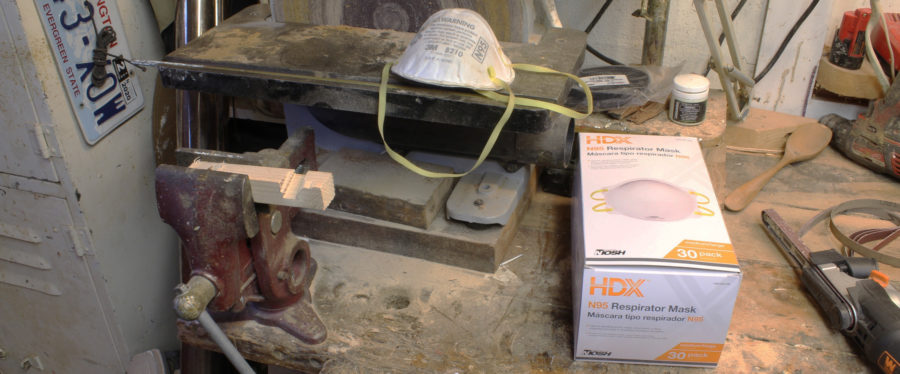
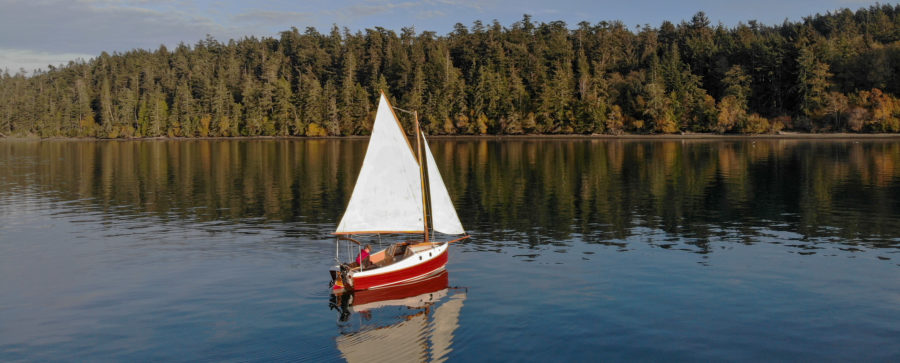

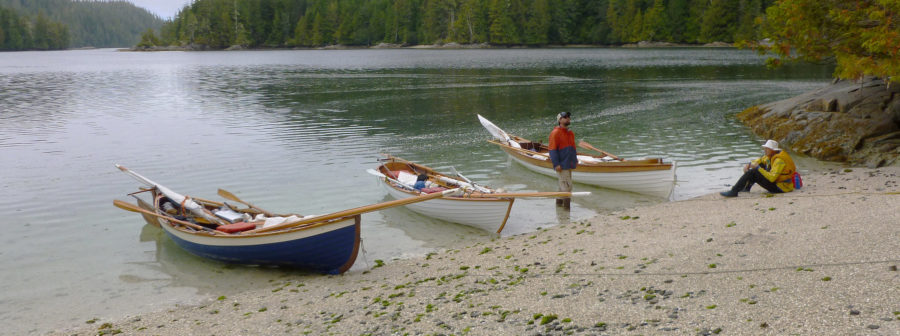
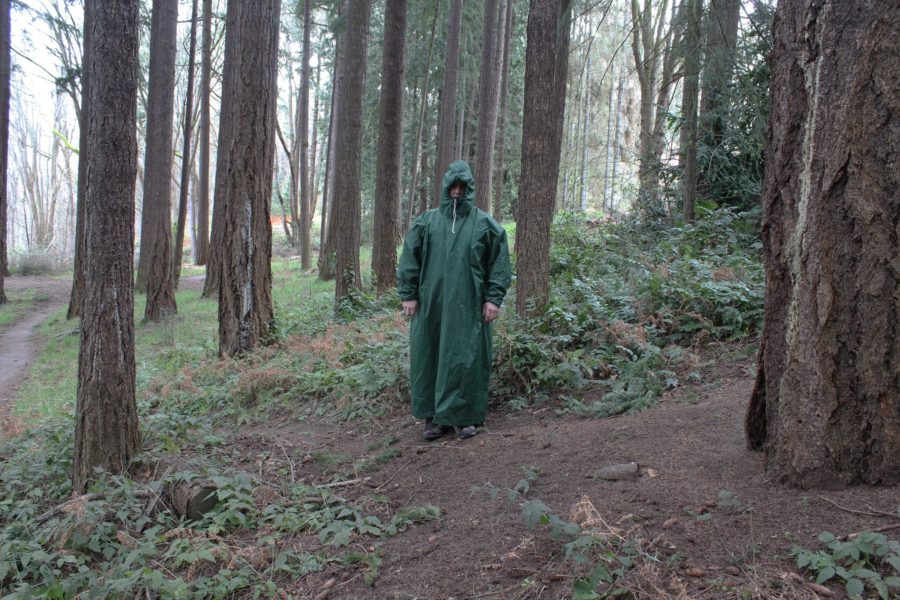
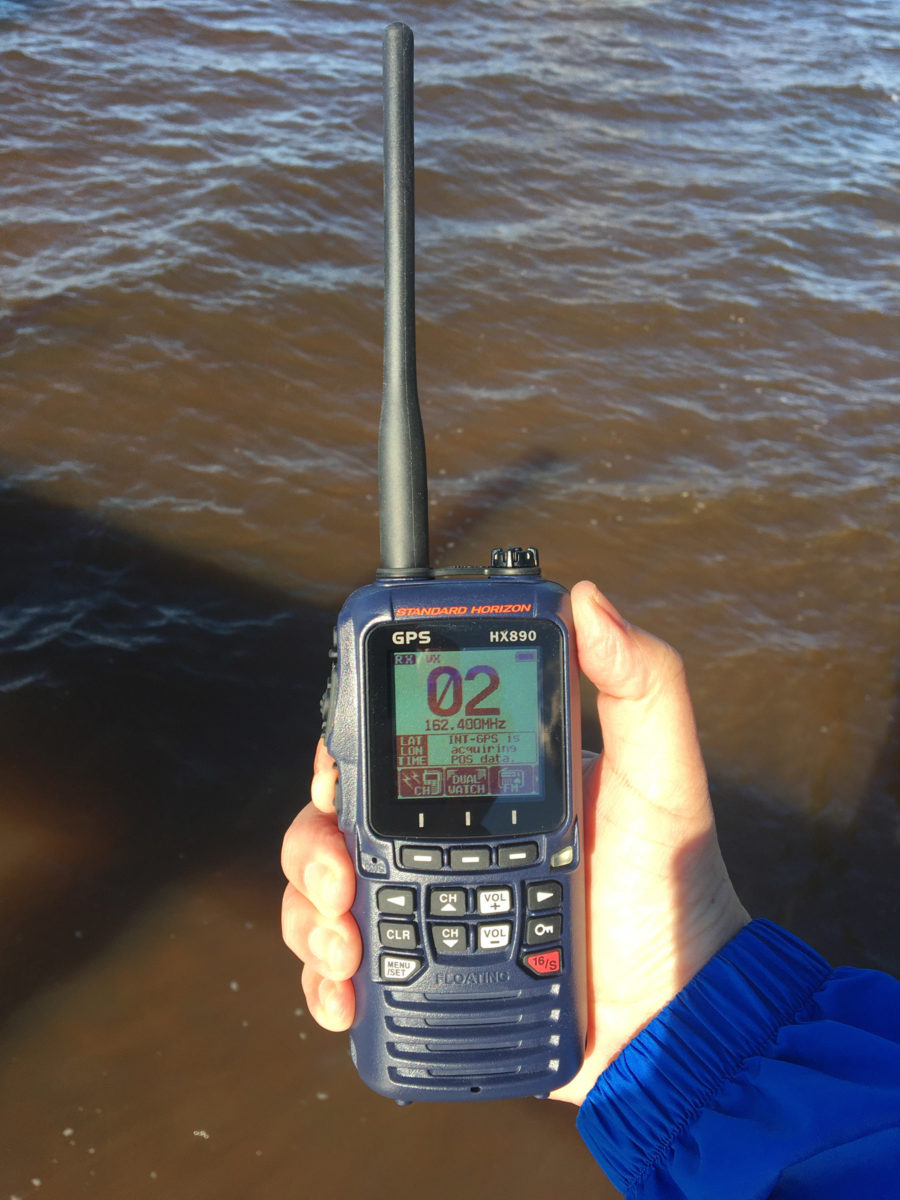
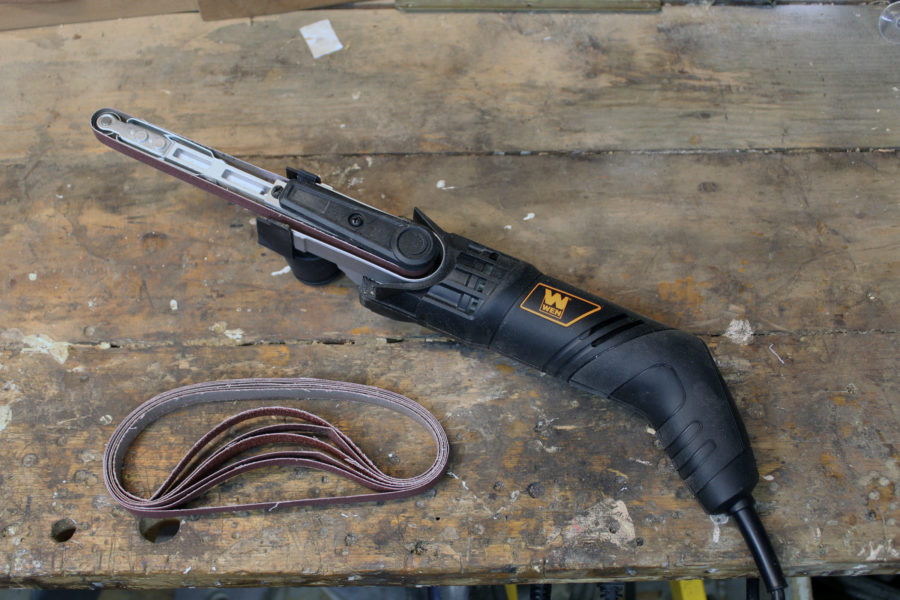
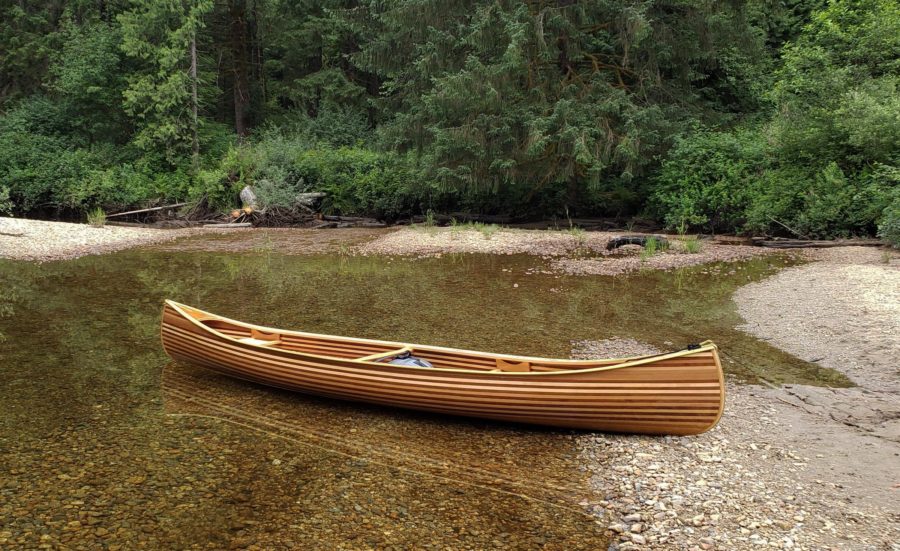
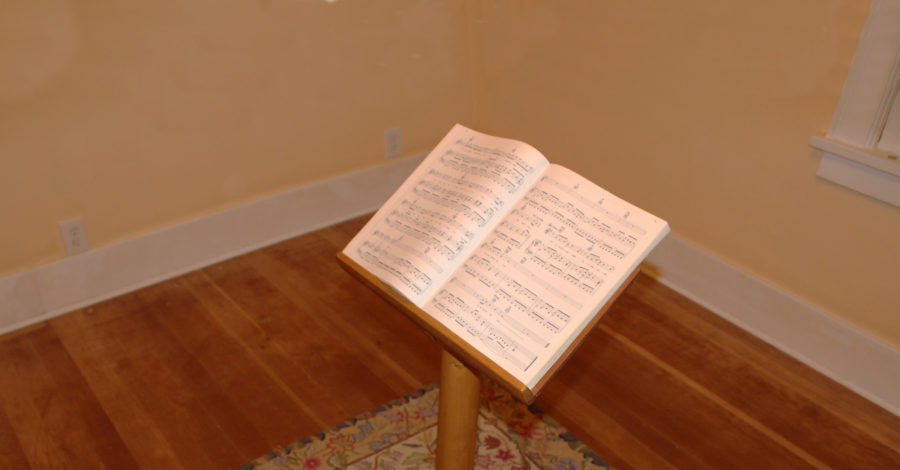
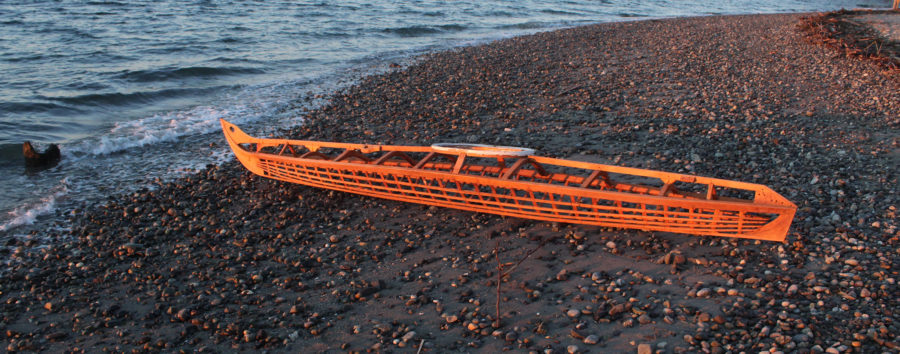
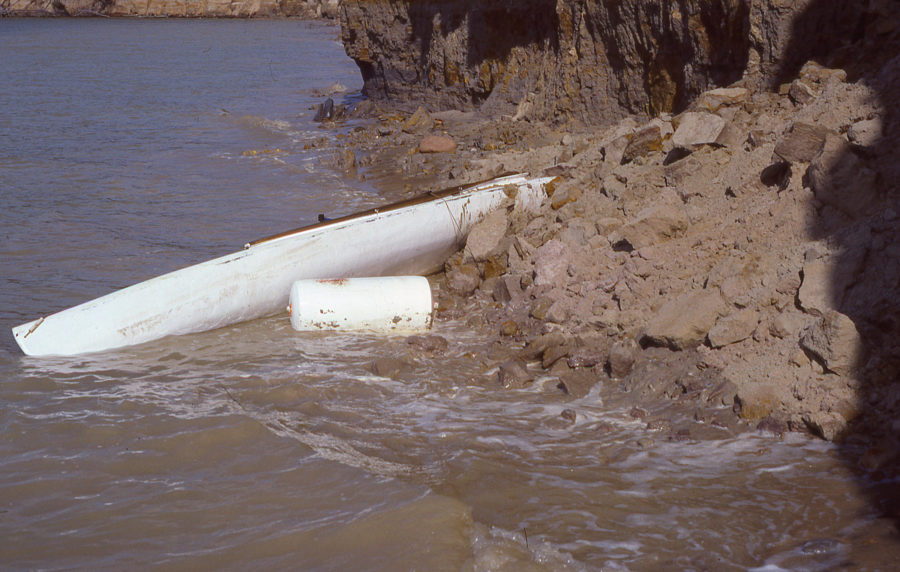
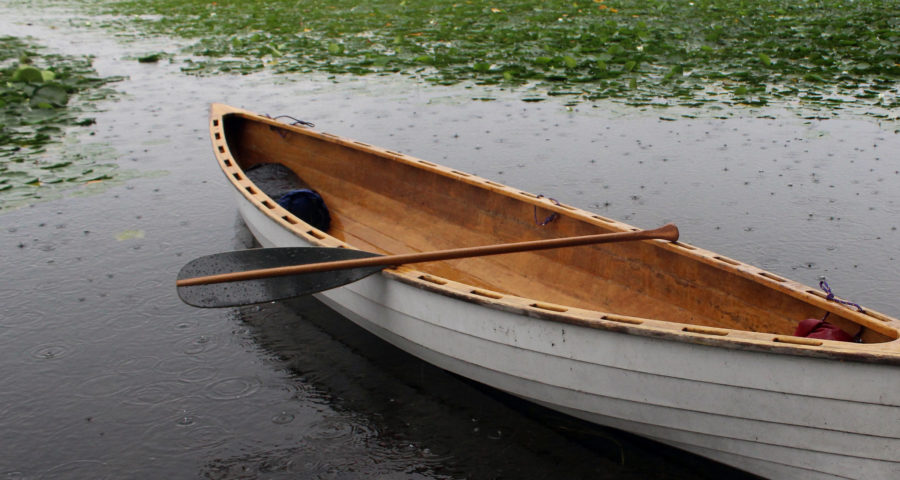
Back in the mid ’70’s, a movie came out called Sounder. It was about a poor share cropper in the ’30s whose family had fallen on hard times. When Nathan’s wife Rebecca gets to feeling bad, he says, “We done been t’rough dees har’ times befo, Rebecca, we always make it t’rough!”
That has always stuck with me, as, this too will pass.
You are wise to assess the risks and take reasonable precautions against them. That is not so easy for the current strain of the corona virus.
This is not the first member of the coronavirus family of flu-like diseases. There have been 18 prior coronavirus outbreaks in the US, and this one is one of the milder strains. Because this is new, however, and appeared too late in the flu season, there is no vaccine available yet. It also means that the latest information on protecting yourself from the disease is hard to find among the clutter of reports about what may happen as the disease spreads.
The one constant, so far, has been the CDC recommendations to protect yourself:
1) Know the symptoms: cough, fever, shortness of breath.
If you experience these symptoms, call your MD or nearest ER to determine
how your community is responding to he disease.
2) Wash or disinfect your hands frequently. Be sure to get all surfaces,
especially the fingertips.
The CDC is providing frequent updates to help you avoid coronavirus. You may wish to check their website daily. https://www.cdc.gov/coronavirus/2019-ncov/index.html
Good thinking. Your comments describe how I learned to fly in a Cessna tail dragger.
Eyes wide open and brain engaged. One thing we know in small boats we learnt to be aware of the world around us and access risk based on objective evidence. Mainly because our lives depended on it. No substitute for awareness that sends that warning tingle up the spine and doing the simple things that we have proven work.
When an old man dies at that age and your government declares a state of emergency, one might ask what took them so long? People in home-care get very sick of neglect, bad hygiene, unhealthy cheap food, wrong insurances etc. And then comes Corona, and that should have killed them?
Hear, hear! I agree, Chris. Isolation in one’s own projects is a good place to be when things start getting a bit less certain and logical-seeming.
I think trusting one’s risk-assessment skills is important at any time, and critical when things get rough, as you noted. Read the water and try to leave yourself room to maneuver!
I’m going to try and use the time of minimal contact to get some work done on projects I’ve neglected, too.
Mike
Stevenson Projects
I live in Lombardy, Italy, now the epicenter of the virus pandemic. Unfortunately two of my friends are dead, I continue to work absolutely alone in my workshop, I am building a Phil Bolger schooner. Here are photos of some of my work. Greetings and strength!
Mr. Mussi,
Nice work! Keep on going and don’t be afraid.
Well said! Thank you for the thoughts and inspiration.
Keep calm and scrub on!
Well said, Christopher. Thank you and good luck.